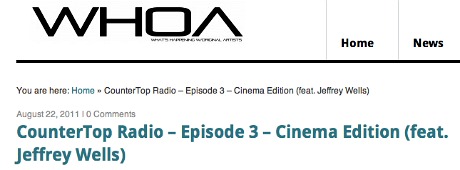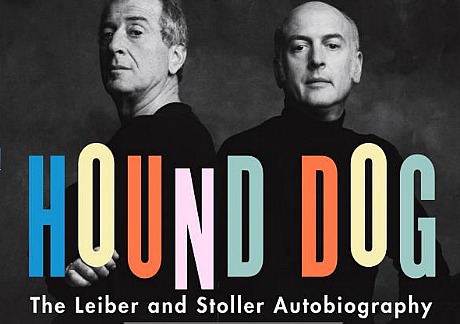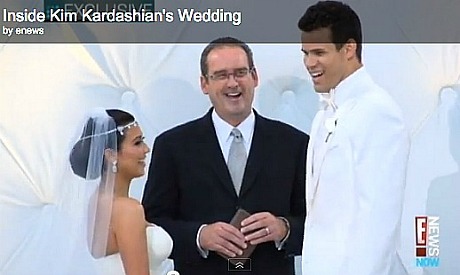Luc Besson‘s The Lady is a Toronto Film Festival-bound drama about the decade-long house arrest of the Burmese politician Aung San Suu Kyi (Michelle Yeoh), and also about her marriage to the late Dr. Michael Aris (David Thewlis). Honestly? The first three things that came to mind were as follows:
(a) A movie about a good woman being kept under house arrest for ten years?
(b) A movie about the not-exactly-Cary Grant-like Thewlis enjoying conjugal privleges with the beautiful Yeoh? Has Thewlis ever enjoyed nookie from any attractive woman in any movie, ever? Answer: Yes — Thandie Newton in Besieged.
(c) This, I’m betting, is a p.c. movie that’s about the audience feeling good about itself for watching a movie about a good, reform-minded woman being kept under house arrest for ten years.
“It is the fight of a woman without any weapons, just her kindness and her mentality. [Suu Kyi] is very Gandhi-like.” — Luc Besson.
The Lady script is by Rebecca Frayn “who began working on the project after she and her husband, producer Andy Harries, visited Burma in the early 1990s,” says the Wiki page. “Harries’ production company Left Bank Pictures began development of the script in 2008 under the working title Freedom from Fear. Harries wanted Michelle Yeoh as the lead and had the script sent to her.
“During the shooting of the film, news broke that Aung San Suu Kyi’s house arrest had been lifted and Yeoh was even allowed to visit her.
“Yeoh was deported from Burma on 6.22.11, reportedly over The Lady.”




